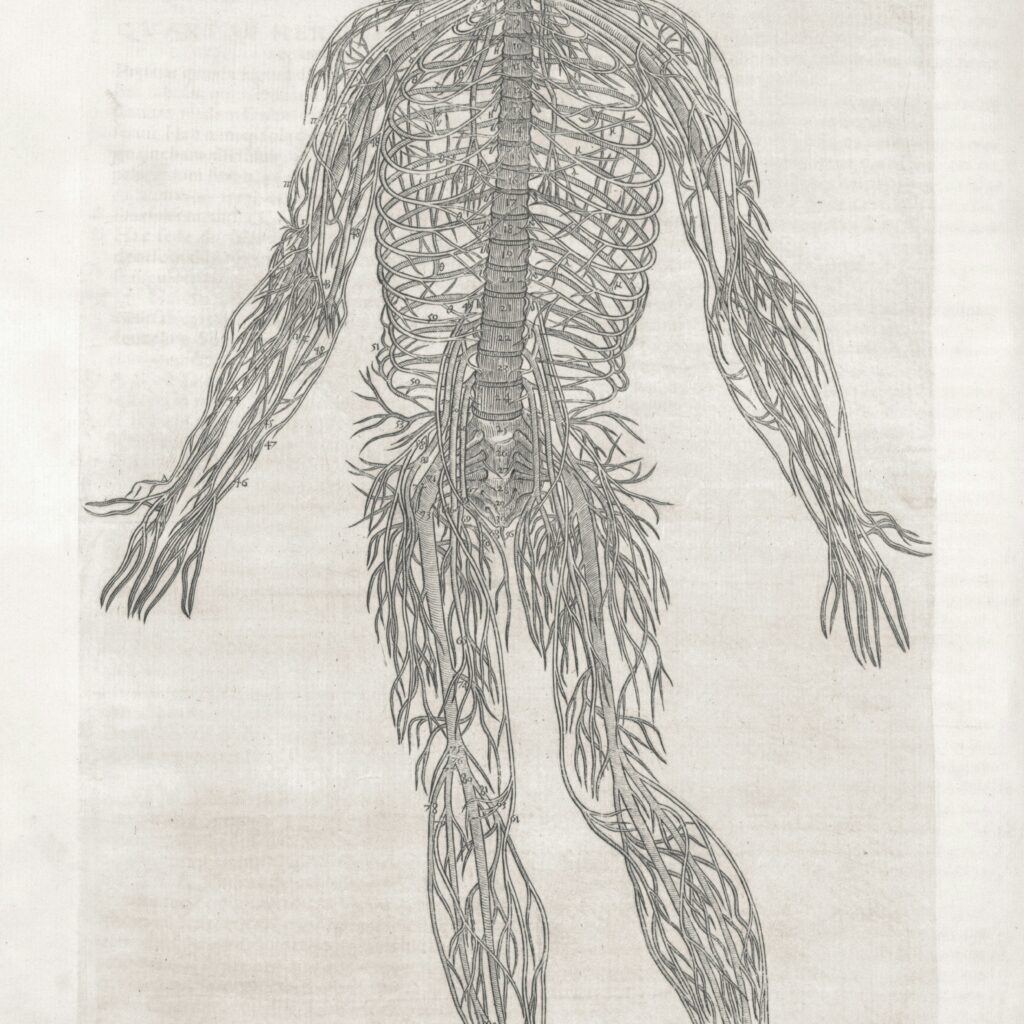Tourette Syndrome is a nervous system disorder that affects about 200,000 people in the United States. The Americans with Disabilities Act (ADA) recognizes Tourette Syndrome (TS) as a disability. With such a large number of people living with TS, there are programs in the United States that can assist with the impact of the condition on their lives.
Keep reading to find out if Tourette Syndrome is considered a disability.
What is Tourette Syndrome?
According to the National Institute of Neurological Disorders and Stroke, Tourette Syndrome is a neurological disorder that causes sudden and involuntary repeated movements or vocal sounds called tics.

Tics characterize Tourette Syndrome, with categories featuring simple or complex motor tics. Simple tics are typically sudden, shorter, and repetitive movements and are more common. Some examples of simple motor and vocal tics include:
- eye blinking or other eye movements
- shoulder shrugging, or head or shoulder jerking
- sniffing
- grunting
- repetitive throat clearing
The National Institutes of Health (NIH) defines complex motor tics as “distinct, coordinated patterns of movement involving several muscle groups in different parts of the body.” Some examples of complex motor tics include hopping, jumping, or a combination of simple motor tics with a larger movement, such as shoulder shrugging. Complex vocal tics may include repeating one’s or others’ words or phrases (echolalia).
Is Tourette Syndrome a Disability?
Tourette Syndrome’s symptoms can range from mild to severe. Regardless of the severity of tics, the condition can interfere with one’s life in various ways. The Centers for Disease Control and Prevention (CDC) defines a disability as “any condition of the body or mind (impairment) that makes it more difficult for the person with the condition to do certain activities and interact with the world around them.”
With these definitions in mind, Tourette Syndrome qualifies as a disability.
The definition of disability may vary across organizations and an individual’s own experiences, though the main criteria is the same. A disability is a condition affecting the mind or body that may substantially hinder or prevent an individual from being able to do certain activities.
Support for Tourette Syndrome
Whether you or someone you know is affected by Tourette Syndrome, there are several ways to find support and accommodations.
Under the ADA, those with Tourette Syndrome or other disabilities are protected under law from discrimination for their condition. The ADA can also provide support through accommodations for an individual in the workplace or education. Additionally, there are many educational laws in place that both protect and promote the furthering of education for those with TS or other disabilities.
Conclusion
Tourette Syndrome can significantly impact the lives of those with the condition and has the potential to prevent or hinder one from doing certain activities. TS is considered a disability, though there are various laws and programs in place that provide protection and support for the condition.

